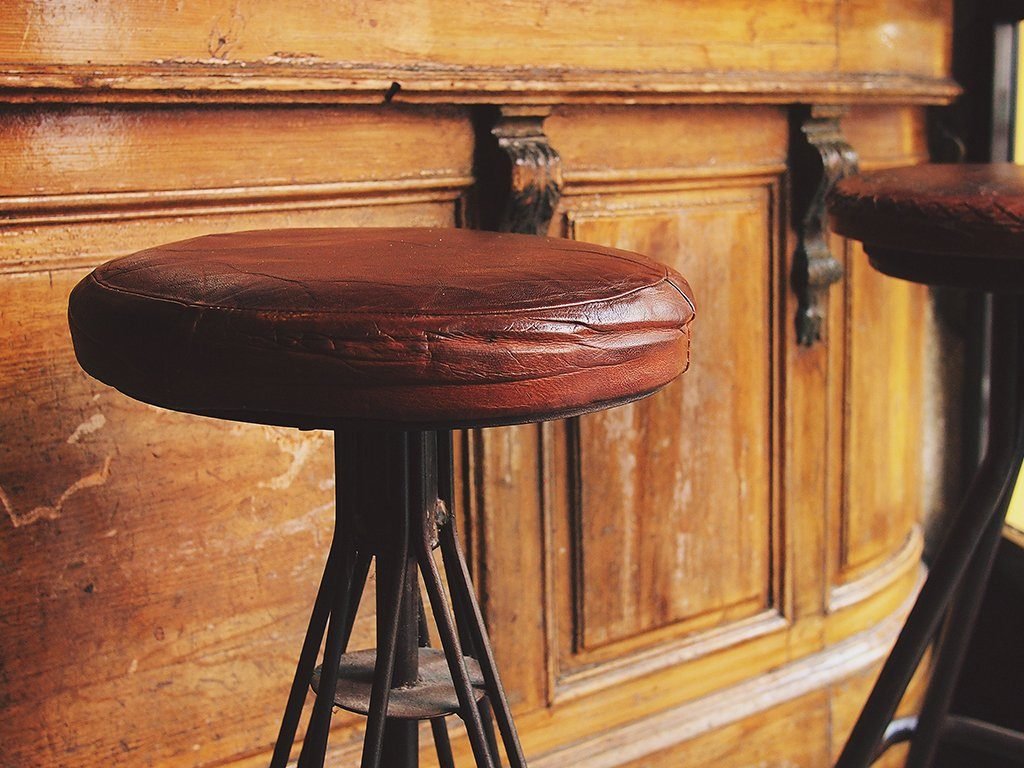The Singapore State court system has many different courts that handle criminal cases. Where a court case is held depends on the type or severity of the criminal offence. There are the Magistrates’ Courts, District Courts, Criminal Mentions Courts, Traffic Court, and Night Courts. Here’s an overview of the different types of Criminal Courts in Singapore.
Magistrates’ Courts
- The Magistrates’ Courts can handle offences where the maximum sentence is 3 imprisonments or a fine.
- The Magistrates’ Courts can impose a maximum imprisonment term of 2 years or a maximum fine of $10,000.
District Courts
- The District Courts handle offences where the maximum sentence is 10 years imprisonment or a fine.
- The District Courts can impose a maximum imprisonment term of 7 years, a maximum fine of more than $10,000 and a maximum number of 12 strokes of the cane.
Criminal Mentions Courts
If you have been formally charged for a criminal offence and are required to attend Court, your case is generally first presented in a Criminal Mentions Court.
Cases are generally grouped in two criminal mentions courts – State Court No. 26 for District Arrest Cases (DACs) and State Court No. 23 for Magistrates’ Arrest Cases (MACs).
After the Court proceedings have started, the case can be transferred to other courts to deal with different types of administrative or significant matters relating to the management of the case such as bail applications, applications to detain an accused for further investigations, applications to seek legal advice or representation, applications for time to prepare for a trial.
Traffic Court
The Traffic Court handles traffic offences, including traffic arrests, traffic Police summonses or notices where there are no offers of compensation (a traffic ticket).
Night Courts
The Night Courts operate to provide convenience for the working public who would otherwise have to take time off from to attend court. They are open from 6:00 pm on Mondays to Fridays. There are 2 night courts which handler different profile of cases – State Court No. 26N handles summonses and notices issued by government bodies (such as HDB, CPF, etc.) and State Court No. 25N deals with road traffic offences and those brought about by the LTA.
Coroners’ Court
If a member of family dies at home, you will need to contact the Police to attend the premises and determine that the death was natural. If you have a family doctor, contract them to attend the home to sign a death certificate.
The Coroner is a Judge of a State Court who, with the assistance of the Police, conducts investigations into the circumstances in which a deceased died. The Coroner’s Court deals with cases that are classified by the Police as Coroner’s cases. The Coroner’s Court will conduct an inquiry when there is reason to believe that a person has died in a sudden or unnatural manner, by violence, when the cause of death is unknown and in situations where the law requires an inquiry (for example death in prison, suspected suicides, an industrial death, etc.).
Common verdicts that the Coroner’s Court can deliver include suicide, misadventure and open verdict (where the cause of death is not clear). The body of a deceased will be brought to the Mortuary and the Police will contact you. An autopsy may be conducted if the circumstances of death are suspicious. An autopsy decision cannot be appealed. In the event an individual is found to have contributed to the death, the Coroner’s Court judgement will be delivered to the AGC and the Public Prosecutor will decide whether to take against the individual for criminal misconduct
If you would like to understand more about Criminal Law in Singapore how the issues discussed in this article may affect you, contact Singapore Criminal Defence Lawyer Jonathan Wong at jonathan.wong@tembusulaw.com or +65 8886 0278 today.
